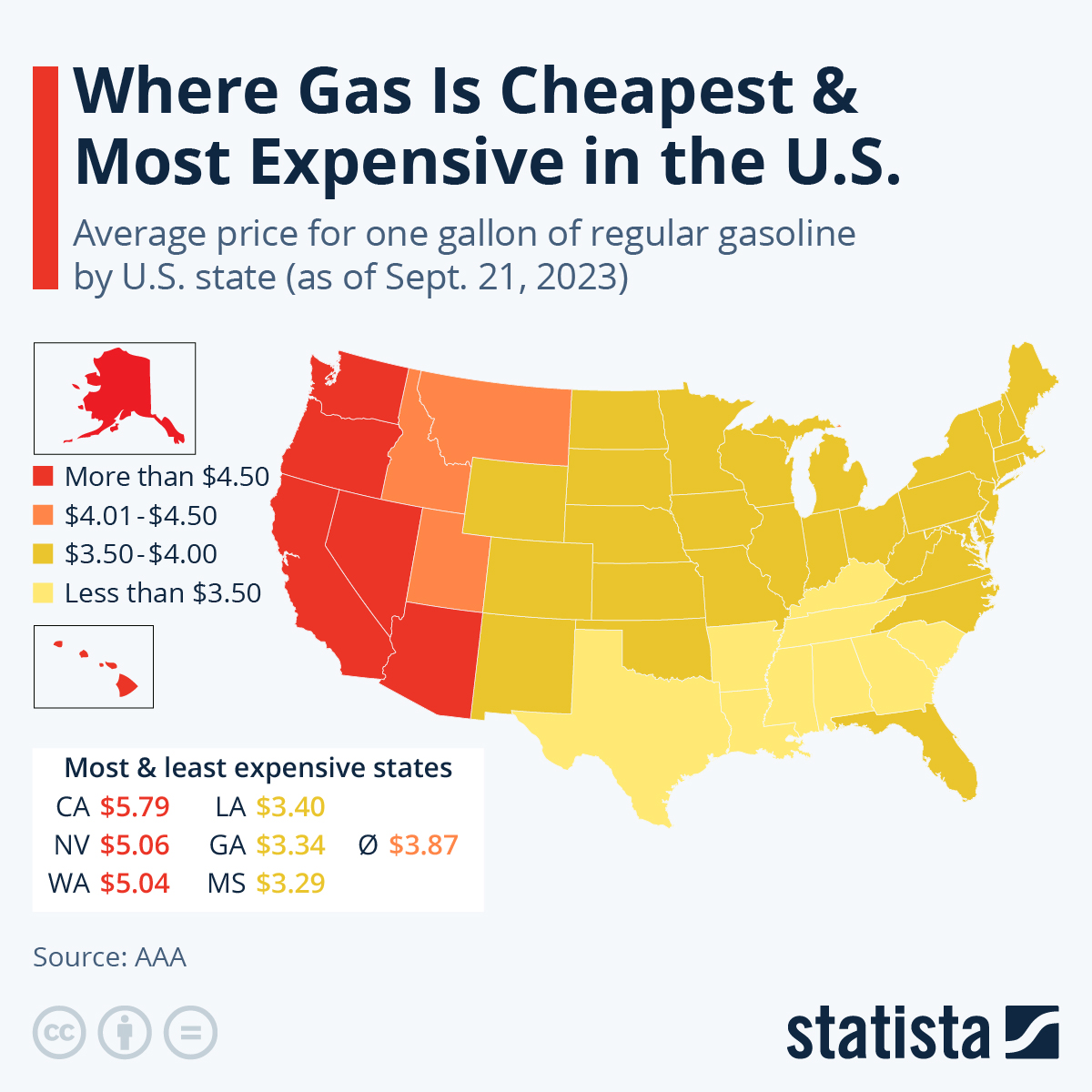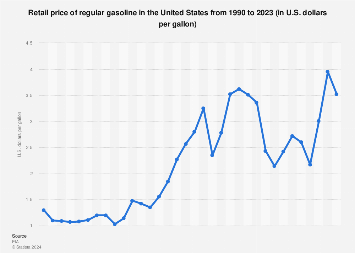Oil Rate Volatility: Ramifications for Fuel Oil Consumers
Oil cost volatility has actually ended up being a significant concern for gas oil customers throughout different fields. Varying oil costs have far-reaching ramifications, affecting household budgets, tiny services, the transport industry, and also government policies. The unpredictable nature of oil costs presents difficulties for consumers, as it directly impacts their financial stability and purchasing power.
Effect On House Budgets
The changing oil prices have dramatically influenced household spending plans, posing economic challenges for gas oil consumers. As oil prices remain to fluctuate unpredictably, customers are locating it increasingly tough to allot a part of their income towards fuel oil expenses. This volatility in oil prices has created a feeling of uncertainty and instilled a careful method in customers' investing habits.
One of the primary impacts of varying oil prices on house budgets is the raised expense of transportation. As gas oil rates climb, the price of travelling to work, running tasks, or taking a trip for leisure comes to be much more expensive. This directly influences consumers' non reusable revenue, as a bigger section is assigned in the direction of fuel expenditures, leaving much less money for other vital requirements or optional investing.
Furthermore, the changing oil rates additionally have a ripple impact on the prices of various other goods and services. Industries that greatly rely on fuel oil for their procedures, such as production, farming, and transportation, experience boosted production prices.
Obstacles for Small Companies
Exactly how do varying oil costs position obstacles for small companies? Little organizations are especially vulnerable to the impact of changing oil costs. These services typically operate limited earnings margins and have actually limited sources to soak up sudden boosts in fuel costs. When oil costs climb, local business that heavily depend on transportation, such as shipment solutions or trucking business, encounter greater business expenses. The boosted expense of gas can consume right into their revenues and possibly require them to increase rates, which may lead or deter customers to a reduction in sales (cod oil prices). Additionally, small companies that depend on oil-based products, such as producers or restaurants, might also deal with obstacles. The raised price of raw materials or ingredients can squeeze their lower line, making it challenging to maintain success. Small businesses may locate it tougher to secure finances or credit report throughout periods of oil price volatility, as lending institutions may perceive them as higher danger due to possible financial instability. Generally, the uncertain nature of oil costs positions considerable difficulties for local business, affecting their earnings and general sustainability.
Repercussions for the Transportation Sector
Varying oil rates have considerable consequences for the transport market, particularly for small services greatly reliant on fuel for their procedures. The transport sector incorporates numerous fields, including trucking, shipping, aeronautics, and railroads, every one of which heavily depend upon fuel to maintain goods and people relocating. When oil rates climb, transportation business deal with raised operating costs, which can result in greater prices for consumers and lowered profit margins for services.
One instant consequence of rising and fall oil prices is the influence on fuel expenses. As oil rates raise, so do fuel expenses, which can eat right into the budget plans of transportation firms, particularly local business that may not have the economic capability to absorb these added costs. This, consequently, can bring about higher transport expenses for customers, as firms pass on these boosted expenditures.
In addition, changing oil prices can also impact the general demand for transportation services. When gas costs rise, customers might become a lot more cautious regarding their investing routines, causing a decrease in need for transportation services. This can cause lowered company chances for transportation business, specifically those running in markets that rely heavily on customer spending, such as retail and tourism.
Furthermore, the transportation sector is likewise influenced by the uncertainty bordering oil rate changes. Fast modifications in oil rates can make it testing for transport business to prepare long-lasting techniques and make enlightened financial investment decisions. This unpredictability can impede business growth and lead to investigate this site an extra uncertain and unstable operating atmosphere for transportation companies.

Government Policies and Laws
Federal government plans and regulations play a critical role in forming the impact of oil cost volatility on gas oil consumers. Aids, on the various other hand, can help minimize the influence of high oil prices by giving economic help to sustain oil customers.
In enhancement to price guidelines, federal governments additionally carry out policies aimed at minimizing dependence on fossil fuels and promoting the use of alternate power sources. These policies consist of rewards for the fostering of renewable power modern technologies, such as solar or wind article source power, and the execution of energy performance measures. By diversifying the energy mix and minimizing dependancy on oil, governments can aid alleviate the impact of oil rate volatility on gas oil customers.

Techniques for Minimizing Gas Oil Expenses
To resolve the difficulty of fuel oil prices, consumers can employ various strategies to mitigate their expenses. One strategy is to enhance power effectiveness by purchasing energy-saving modern technologies and methods. This can consist of upgrading insulation, using programmable thermostats, and setting up energy-efficient home appliances. By lowering power consumption, customers can reduce their gas oil usage and ultimately reduce their costs.
Another reliable technique is to expand fuel sources. By exploring alternate power options such as geothermal or solar energy, consumers can decrease their dependence on fuel oil and possibly lower their expenses. Furthermore, considering using biofuels or mixed gas can give a much more economical and eco friendly option to conventional fuel oil.
Tracking and handling fuel consumption is additionally essential in reducing expenses. Consistently tracking fuel oil usage, identifying intake patterns, and carrying out actions to decrease waste can add to significant financial savings - cheapest oil prices on long island. This can involve performing energy audits, enhancing equipment efficiency, and applying power monitoring systems
Lastly, consumers can take into consideration hedging approaches to take care of fuel oil price volatility. This includes getting in into agreements to secure in fuel oil costs for a specific period. By doing so, consumers can protect themselves from unexpected price variations and budget better for their gas oil costs.
Conclusion
Finally, the volatility of oil rates has substantial implications for gas oil consumers. It impacts family budget plans by creating variations in fuel costs, positioning challenges for small companies having a hard time to manage expenditures. The transport market additionally faces repercussions, as fuel rates affect operational costs. Federal government policies and guidelines play a role in alleviating these prices. Executing reliable approaches becomes critical for customers to manage fuel oil costs in this unstable market.
Oil price volatility has ended up being a substantial worry for More Bonuses gas oil customers throughout numerous markets.Government policies and guidelines play a crucial duty in forming the influence of oil price volatility on fuel oil consumers. Aids, on the various other hand, can aid reduce the impact of high oil costs by providing monetary aid to sustain oil consumers.

In final thought, the volatility of oil rates has significant implications for gas oil consumers. (cheap oil prices long island)